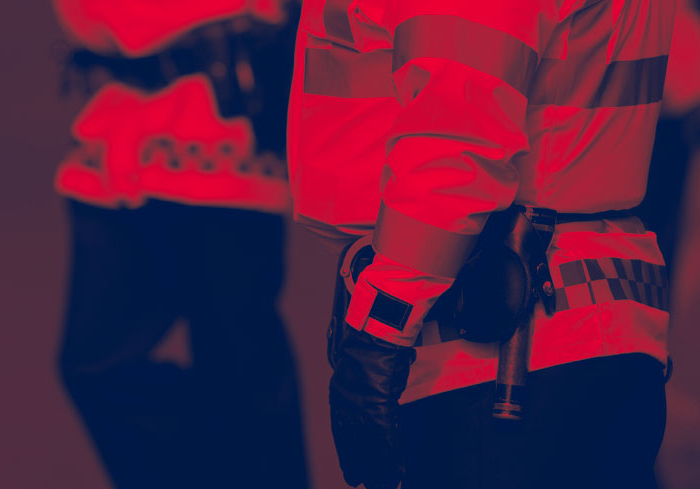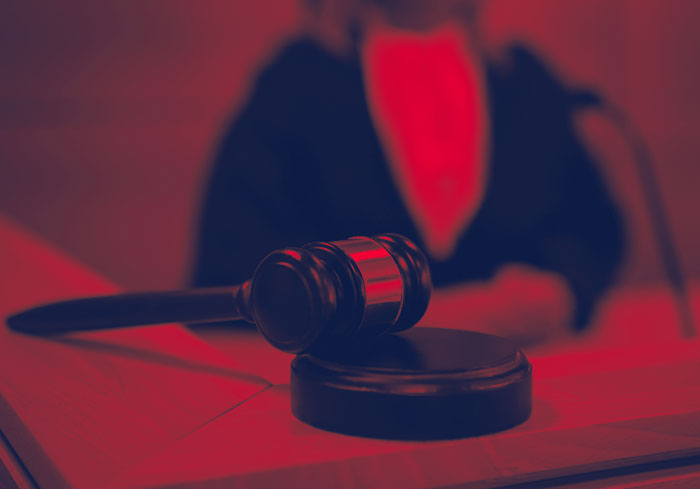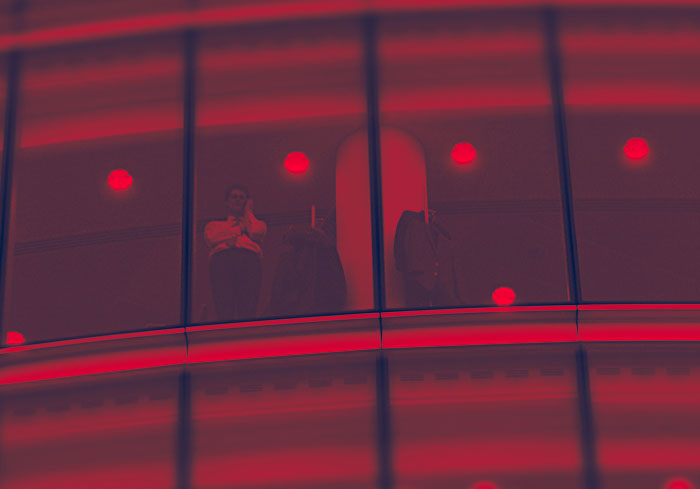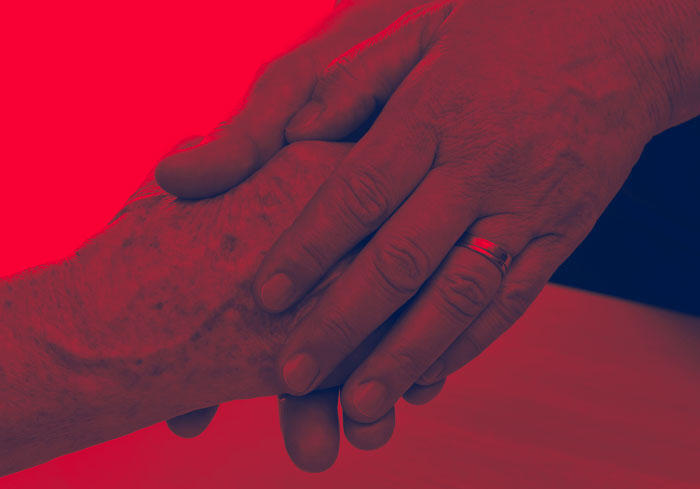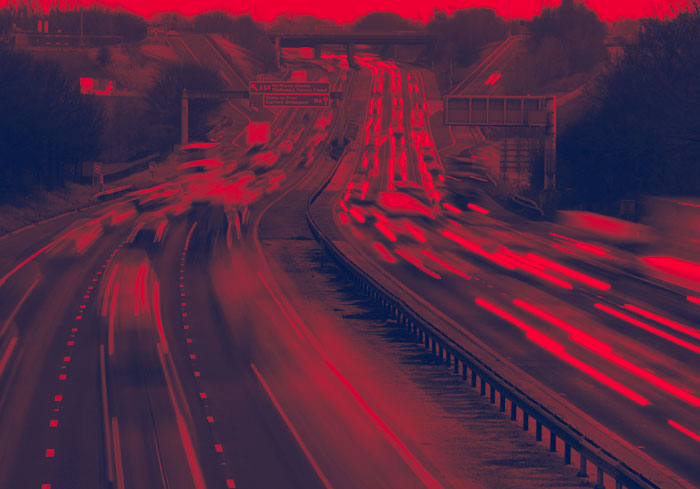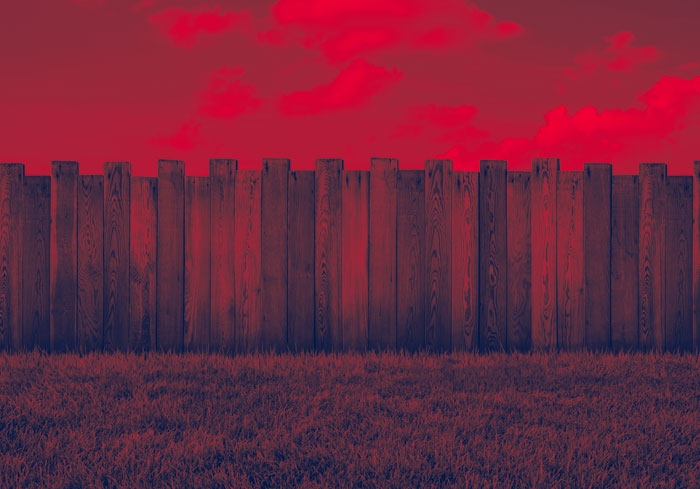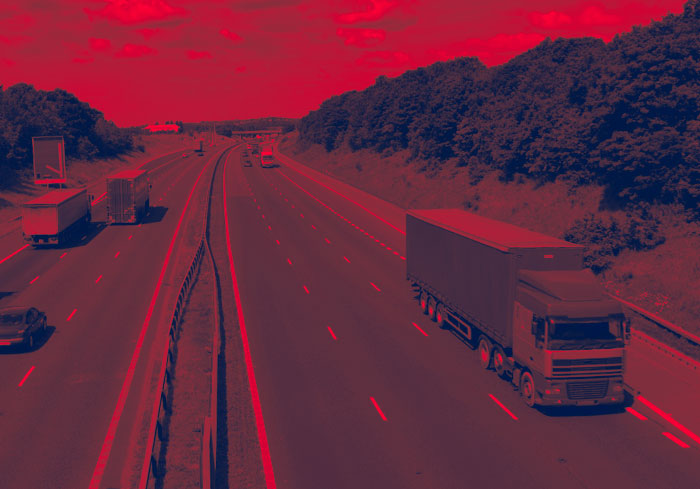Playing Catch Up – TV licences and the BBC iPlayer
A TV licence is only required to watch programmes live or recorded as live. You do not require a TV licence if you are only using “catch up” services. You do not require a TV licence for live radio broadcasts. If you are watching live TV or recording live programmes, you will require a licence.
Of course, more and more people are legally saving money by using catch-up services like the BBC iPlayer instead of paying the licence fee. The UK government do not like it because it is giving people a “free ride”. Earlier this month, at the Oxford Media Convention, the Culture Secretary, John Whittington, said that the law in relation to the iPlayer had a “loophole” which had to be closed “as soon as practicable”. By this, he is expected to introduce changes to the law by the summer.
However, any change will only apply to the BBC iPlayer and not to other catch-up services like 4oD or ITV player. It will also not affect services like Netflix or Amazon Prime which have largely superseded live TV watching for many people.
Of course, how this change is going to be policed is being left for the BBC to decide. It has all the hallmarks of law enforcement open to ridicule by an organisation that is already not held in the same respect that it used to be. A bit like “Home taping is killing music”, a printed message on records during the 1980’s, nostalgically remembered for leaving kids shaking in their shoes – but perhaps not from fear.
At present, if a household does not need to have a licence because it is not watching or recording live television, it will still receive frequent mailings from TV Licensing which could be fairly described as aggressively worded warnings. Even if you take the time to write to TV Licensing and inform them that you do not watch TV, that will not be the end of it.
The impression given is that they have the power to attend at your home and to investigate their suspicions based on nothing more than your decision not to renew. For many law-abiding people, this is an unwelcome intrusion even if they have nothing to hide. It is exacerbated by the fact that even if they taken time to inform TV Licensing of their position previously, they can still be inconvenienced with a home visit at any time.
So, what is the position if a licensing officer turns up at your door?
Firstly, it is important to note that they have no legal powers of entry unless they have a police officer with them with a warrant. If you allow them in, that is purely at your discretion. You are quite entitled to ask them to leave.
Secondly, you do not have to answer any questions they may ask you or co-operate with them by filling in any forms. They have no right to invade your privacy although if they obtained evidence based upon, for example, looking through your windows and seeing you watching a live TV broadcast, that may be sufficient to establish your culpability to a penalty notice.
Thirdly, if you wish further information as regards the issue of criminalization, there was an interesting research done by the University of Glasgow last year with regards to procedures and practices in Scotland which actually differ from those in England and Wales:
.

